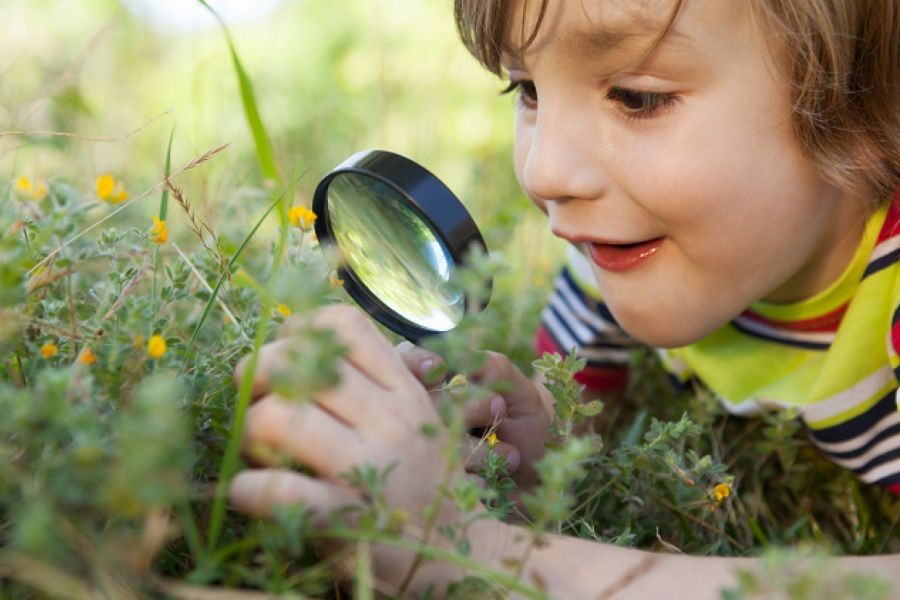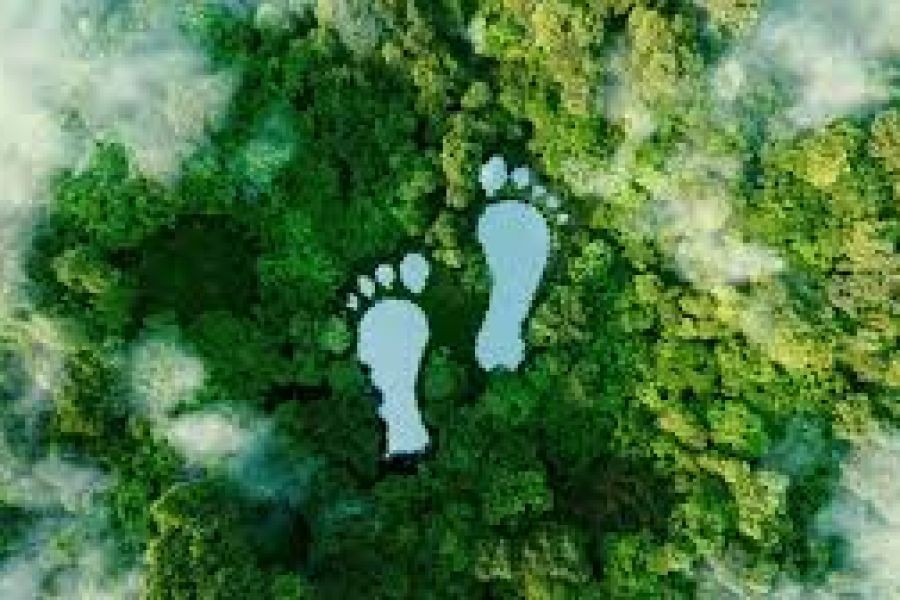As New Zealand embraces a future increasingly concerned with sustainability and environmental awareness, the role of outdoor learning in schools is coming into sharp focus. The concept of outdoor education is not new, but its potential to transform New Zealand’s educational landscape is just beginning to be realized. Amidst global environmental challenges, New Zealand’s unique landscapes provide a rich tapestry for experiential learning, which could redefine how education is delivered. But what will this look like in practice, and why does it matter?
Current State of Outdoor Learning in New Zealand
Outdoor learning in New Zealand is already embedded in some educational frameworks, notably through programs like Education Outside the Classroom (EOTC). These initiatives aim to connect students with their local environment, promoting not only environmental stewardship but also enhancing personal and social skills. According to the Ministry of Education, EOTC experiences are a critical part of the New Zealand Curriculum, designed to build lifelong learning competencies.
However, the implementation of such programs varies significantly across regions and schools, often limited by resources or administrative support. A recent report by the Ministry of Business, Innovation, and Employment (MBIE) indicates that only about 40% of schools have a comprehensive outdoor learning program, suggesting significant room for growth.
The Economic and Educational Benefits
Investing in outdoor learning is not just a matter of educational enrichment but also an economic opportunity. As New Zealand continues to market itself as a leader in eco-tourism and sustainable practices, embedding these values in education could have long-term economic benefits. According to Stats NZ, industries related to environmental conservation and eco-tourism accounted for approximately 6.5% of New Zealand's GDP in 2023, with projections indicating further growth.
Furthermore, outdoor learning can contribute to better educational outcomes. Research from the University of Auckland reveals that students engaged in regular outdoor learning experiences exhibit improved problem-solving skills, increased motivation, and a deeper understanding of environmental issues. This aligns with global findings, such as a study by the American Institutes for Research, which found that outdoor education programs can lead to a 27% increase in standardized test scores.
Case Study: Project Janszoon and Abel Tasman National Park
Project Janszoon, a collaboration between the Department of Conservation and Abel Tasman National Park, serves as a leading example of outdoor learning in action. This initiative aims to restore the native ecosystems of the park while providing educational opportunities for students. Schools involved in the project participate in hands-on conservation activities, such as planting native trees and monitoring local wildlife.
Problem: Before the project, local schools had limited access to structured outdoor learning programs, impacting students’ engagement with their natural environment.
Action: Through Project Janszoon, schools integrated regular field trips and conservation projects into their curriculum, supported by educational resources and expert guidance.
Result: Participating students reported a 35% increase in environmental awareness and a 20% improvement in science-related subjects, according to project assessments.
Takeaway: This case underscores the potential of outdoor education to foster environmental literacy and academic achievement, suggesting a scalable model for other schools across New Zealand.
Challenges and Considerations
Despite its benefits, the expansion of outdoor learning faces several hurdles. Resource constraints are a primary concern, with schools often lacking the funding or staffing to implement extensive outdoor programs. Moreover, urban schools may find it challenging to access suitable natural environments, limiting the scope of outdoor learning experiences.
Another consideration is the need for professional development. Educators require specialized training to effectively deliver outdoor learning, integrating it into the broader curriculum. The New Zealand Educational Institute (NZEI) emphasizes the importance of equipping teachers with the necessary skills and knowledge to facilitate outdoor education.
Future Trends and Predictions
Looking ahead, outdoor learning in New Zealand is poised for significant expansion, driven by increasing environmental awareness and educational innovation. By 2028, it is predicted that at least 70% of New Zealand schools will incorporate comprehensive outdoor learning programs, supported by government funding and private partnerships (Source: MBIE Future Education Report 2024).
Additionally, advances in technology are likely to enhance outdoor learning experiences. Augmented reality, for instance, can provide immersive educational experiences, allowing students to explore ecosystems virtually before engaging with them physically. This blend of technology and nature could revolutionize how outdoor education is delivered, making it accessible even in urban settings.
Conclusion: A Call to Action for New Zealand’s Educational Future
Outdoor learning is not merely an educational trend but a crucial element of New Zealand’s strategy for sustainable development and educational excellence. As educators, policymakers, and communities, there is a responsibility to champion this approach, ensuring that future generations are equipped to tackle environmental challenges and thrive in an interconnected world.
Ready to support the growth of outdoor learning in New Zealand? Consider how your community or school can integrate nature-based education into its curriculum. Share your thoughts or initiatives in the comments below, and let’s foster a dialogue on the future of education in Aotearoa.
People Also Ask
- How does outdoor learning benefit students in New Zealand? Outdoor learning enhances environmental awareness and academic performance, with studies showing improved problem-solving skills and increased motivation.
- What challenges do schools face in implementing outdoor learning? Limited resources and access to natural environments are significant barriers, alongside the need for specialized educator training.
Related Search Queries
- Outdoor education programs New Zealand
- Sustainable education initiatives NZ
- Benefits of outdoor learning in schools
- Environmental education New Zealand
- Future of education in New Zealand


































MARMMAYOGI
7 months ago